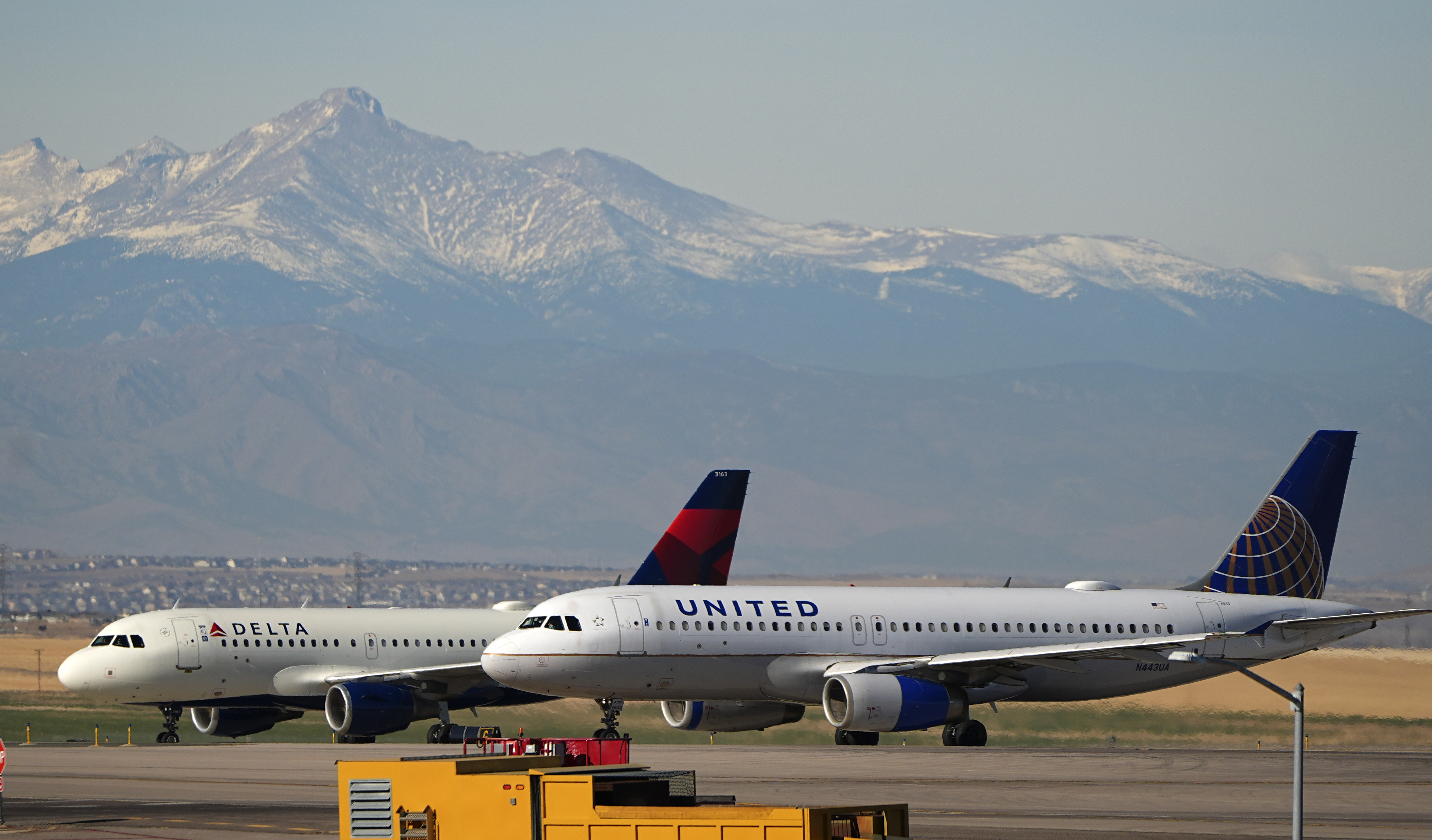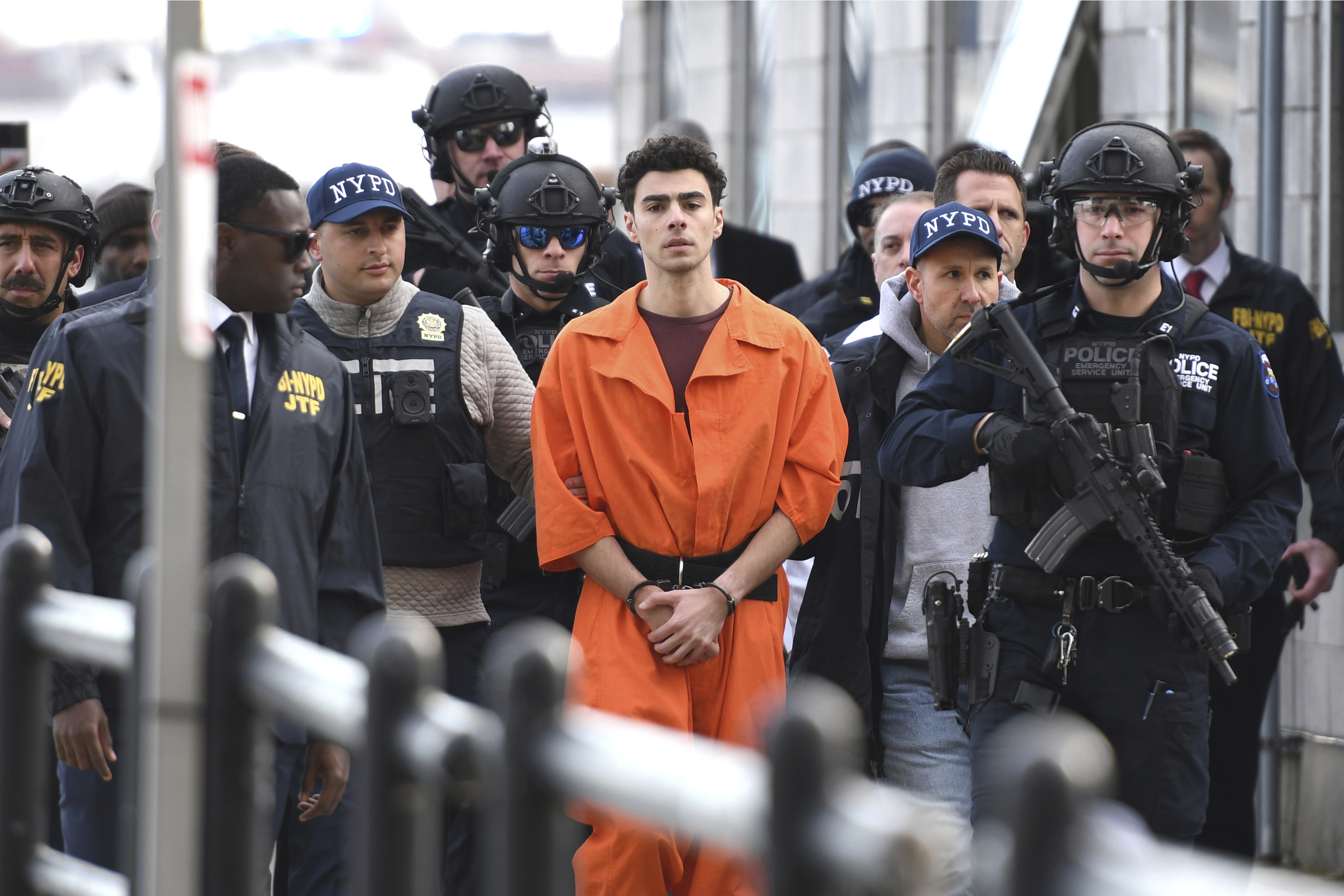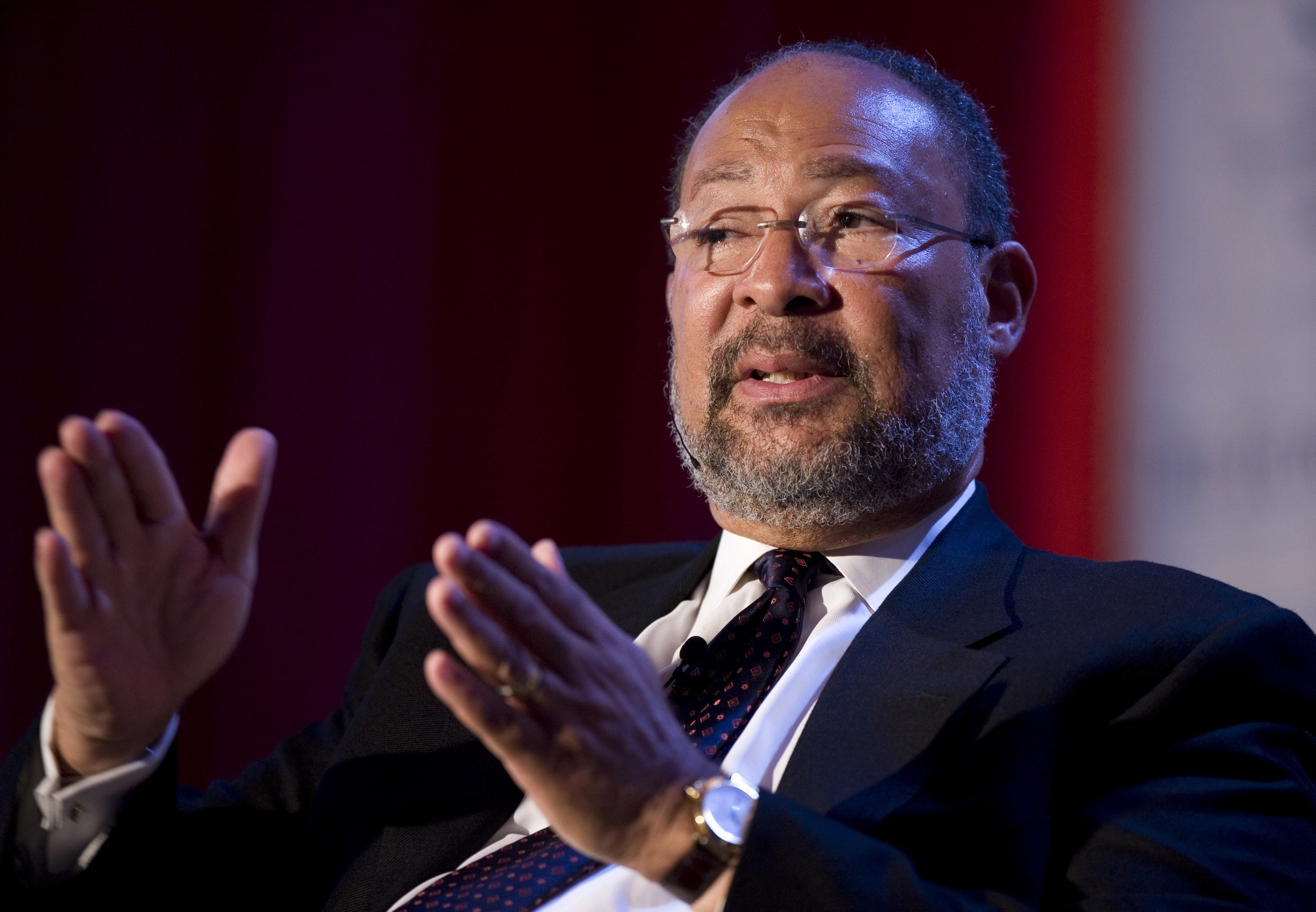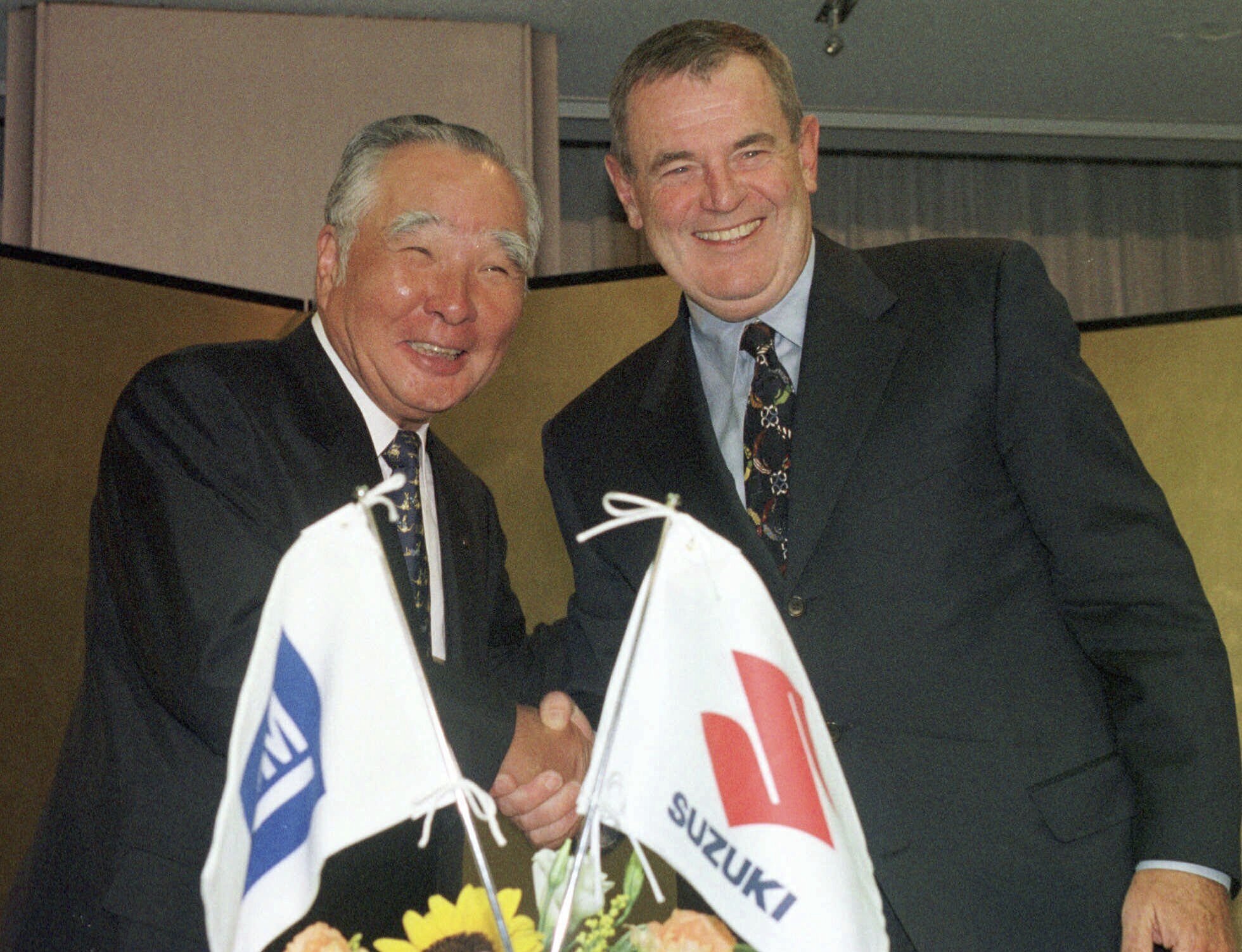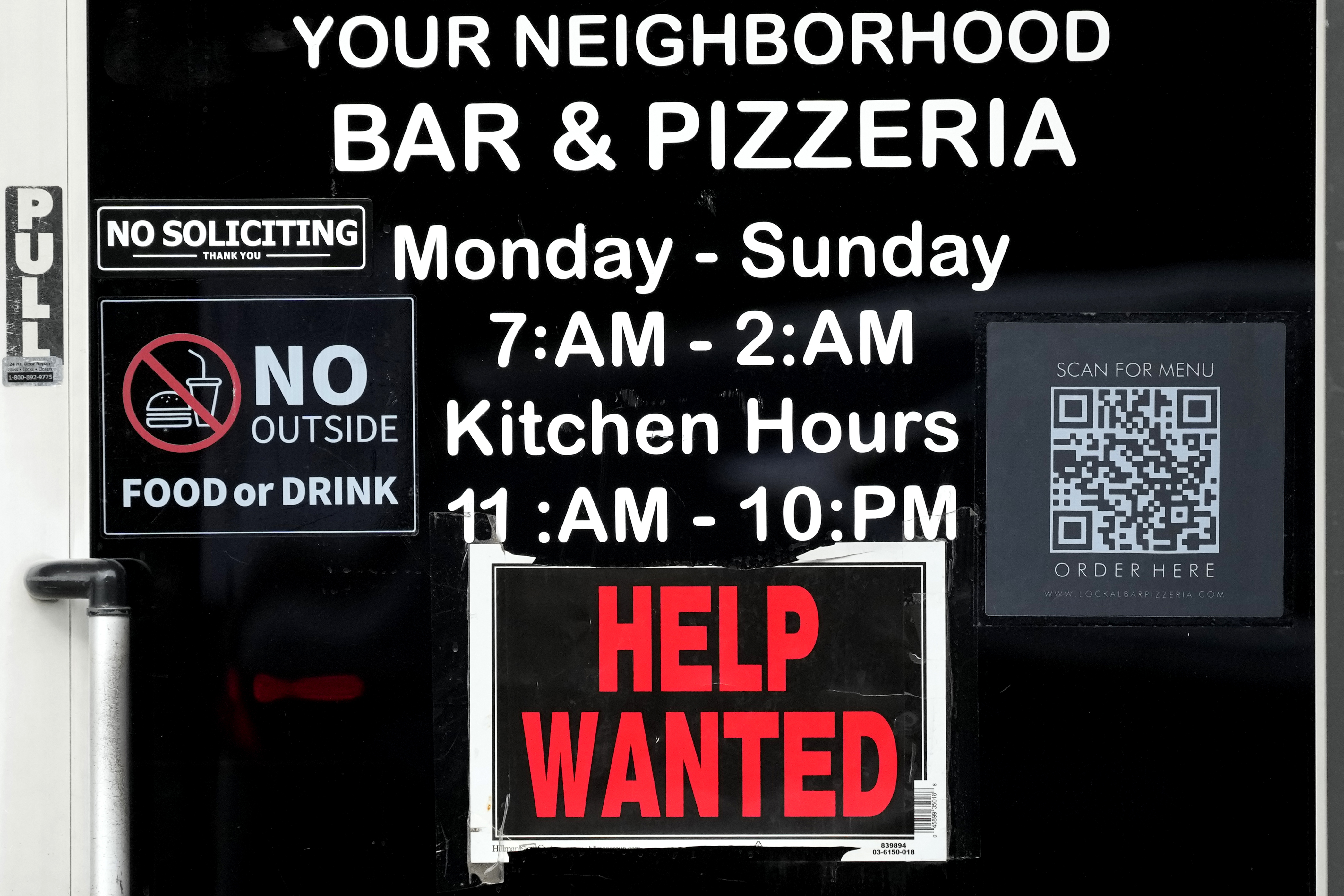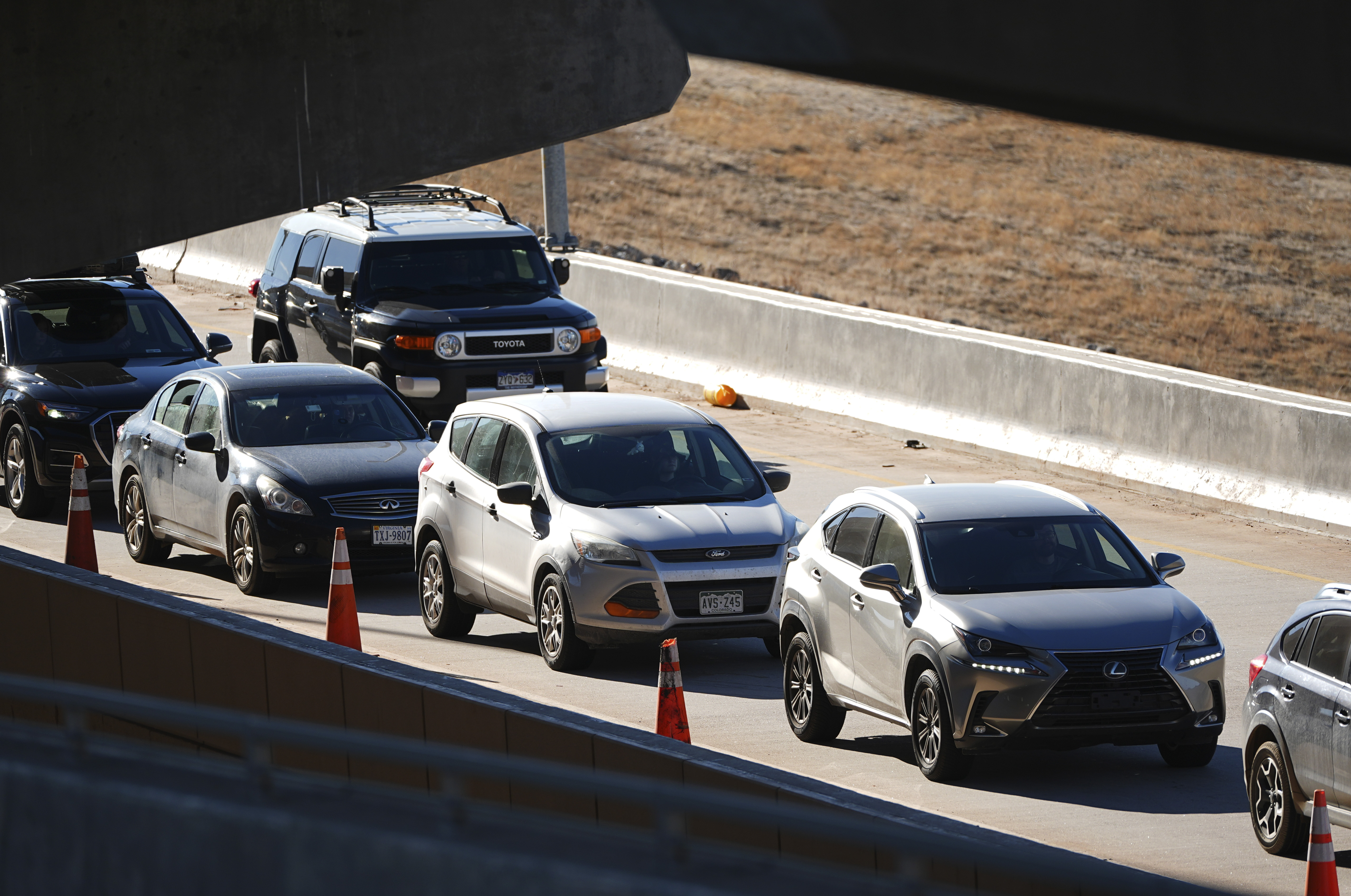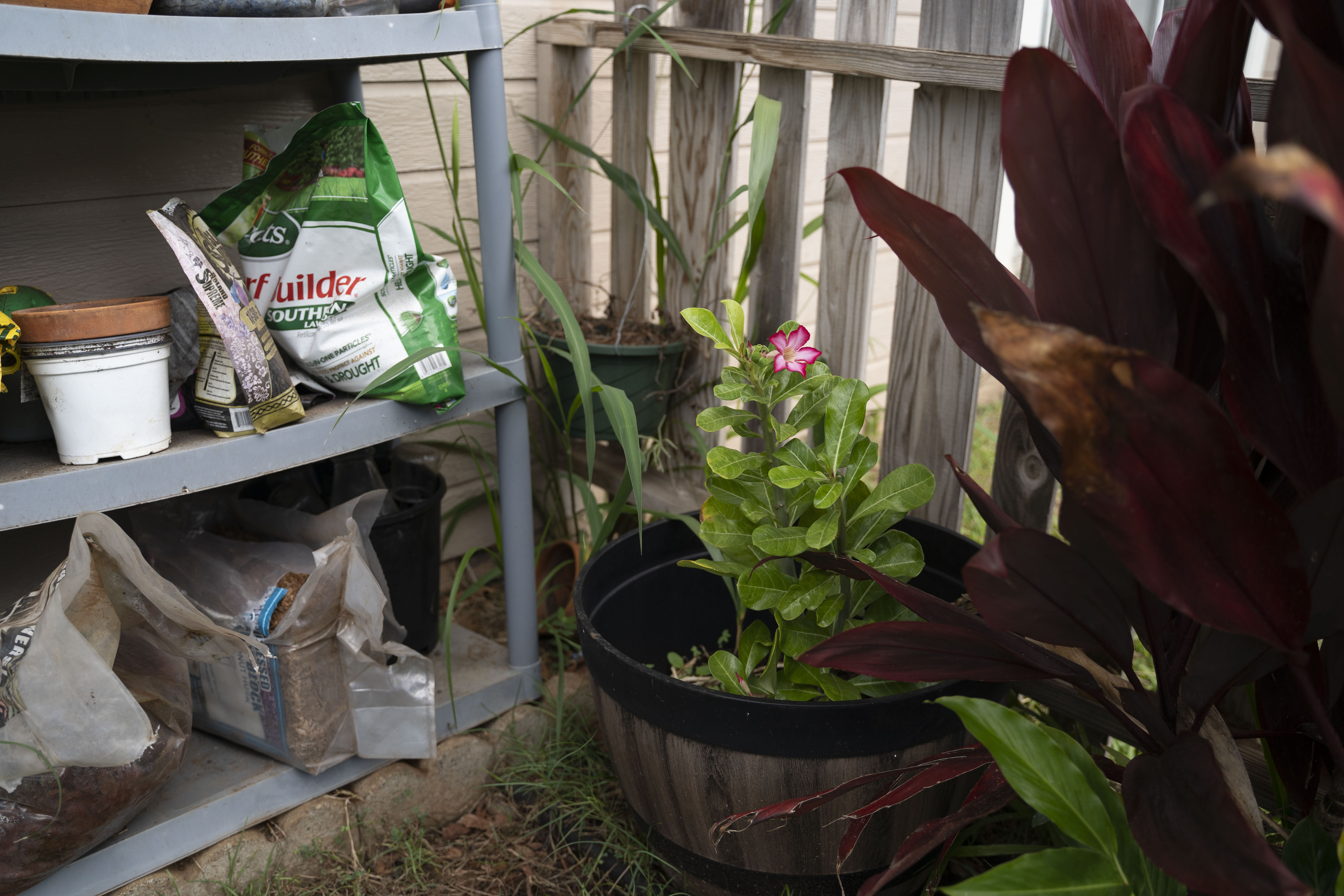Rob Wittman is the Republican candidate for the U.S. House of Representatives,Virginia’s 1st District. The Congressional election is scheduled for Nov. 3, 2020.
He is facing Democratic candidate Qasim Rashid.
Candidate Name: Rob Wittman
Race: U.S. House of Representatives, Virginia’s 1st District
Party: Republican
Website: robwittman.com
Biography: Rob was first elected to serve the 1st Congressional District of Virginia in December 2007 and his top priority has always been the constituents of the 1st District. In Congress, Rob serves as the ranking member on the Seapower and Projections Forces Subcommittee within the House Armed Services Committee, as well as the Natural Resources Committee. You can find Rob driving back and forth from Montross to Washington D.C. when Congress is in session and traveling throughout the district to meet and listen to his constituents on how best to serve them.
Why should Virginians re-elect you to the U.S. House of Representatives?
I have been honored to serve the 1st District in Congress, and it would be my privilege to continue advocating and delivering results for working-class families, farmers, our service members, small business owners, and rural communities.
1st District residents should vote for me because I am, and will continue to be, their voice for local issues in Washington. I will work to ensure our nation’s economy continues to lead the world and that small businesses are able to thrive by lowering taxes, reducing burdensome regulations, and reforming the education system to prepare students for the jobs of the 21st century.
I’ve supported expanding broadband to our rural communities, improving infrastructure, and making health care more accessible. I also believe we must provide for a strong national defense in order to keep Americans safe while continuing to improve veteran care. As the top Republican on the Seapower and Projection Forces Subcommittee, I have been leading the fight to rebuild our Navy. Not only does that support our sailors at sea who put their lives on the line, it also creates more jobs by supporting our strong industrial base in Virginia.
I grew up working on my parent’s farm in Westmoreland County seeing the contributions farmers make to Virginia and our nation, and I will do all I can to keep farming as a critical and vibrant part of the 1st District economy. I am a proven leader, whose gotten things done for the constituents of the 1st District.
What is the most important legislative issue facing Virginia, and what is your position on it?
Virginia is home to some of the most unique transportation and infrastructure challenges in the country, including the I95 corridor in Northern Virginia, which has been identified as the worst traffic hot spot in the nation.
As a commuter myself who travels along I-95 almost every day, I know firsthand the issues with congestion in the area. An important component to reducing traffic congestion in Northern Virginia is commuter rail. Long Bridge, which spans the Potomac River between Virginia and Washington D.C., is a critical gateway between southeast and northeast rail networks.
Constituents in my district rely on the services of Amtrak and the Virginia Railway Express (VRE) to commute throughout Washington D.C. and Northern Virginia. The current Long Bridge structure is the primary constraint limiting VRE’s ability to operate more passenger trains that could significantly reduce traffic in Northern Virginia. Healthy investments in federal formula programs will support VRE’s ongoing and future investments to expand their service. In addition, I support extending HOV lanes on I95 to exit 126 – the Massaponax Exit.
I also supported the Rappahannock River Crossing Project along I-95 between Rt. 17 and Rt. 3 as part of the Atlantic Gateway Program to alleviate congestions on I-95. Also, right outside of my district is the Port of Virginia, which services all 48 contiguous states and faces an urgent need for expansion. Widening to 1,400 ft. will make way for safe and efficient two-way passage between larger commercial vessels and other operators in the Harbor and Channels including the Navy.
With a Benefit-Cost-Ratio of more than $5 returned for $1 invested in construction, the Norfolk Harbor deepening and widening presents a huge return on investment for the nation. It will allow American businesses from across the country to further benefit from the Port of Virginia as an integral part of their supply chain.While replacing bridges, expanding express lanes, and improving public transportation across our Commonwealth must happen, we absolutely cannot forget policies that encourage investment in broadband infrastructure as well.
Improving the quality of life for rural Virginians starts here. We have to get out of just fixing current problems and get to investing in a 21st Century infrastructure. The role of the federal government is not to dictate what to build, but provide stable, long-term funding to states for their road project priorities. I will continue to fight for projects that prioritize innovation, leverage public-private resources, and maintain the safety of motorist within the region.
What is the top challenge facing your district, and how would you address it if re-elected?
The biggest issue facing the 1st District today is access — access to the job training and skills that our children need to succeed in the 21st century workforce. Many of the jobs of the future will rely on a STEM education, and research suggests that a majority of all jobs will require some level of STEM education.
As I meet with businesses around the 1st District, I consistently hear how although they are willing to hire, they do not have applicants with the correct skill sets. I have been hard at work connecting schools with businesses to better align curriculum with the skills our businesses are looking for.
There is a real opportunity to grow our economy in STEM fields, however, in order to make sure our students receive this training, they must have access to high-speed internet. We can no longer leave Americans in rural areas on the sidelines. As co-chair of the House Rural Broadband Caucus, expanding access to broadband in rural areas has been a major priority of mine, and I believe it is the key to sustaining current economic growth, creating jobs, and lowering healthcare costs.
As our nation continues to face difficult and challenging times, millions of Americans have turned to
the internet to stay connected for work, school, and much more. In March, I introduced the Serving Rural America Act, a bill that would create a five-year pilot grant program at the Federal Communications Commission (FCC) and authorize $100 million a year for a total of $500 million over five years to expand broadband service to unserved areas of the country.
In light of Virginia’s recent gun control debates, what, if any, gun laws would you support changing?
I believe that no law-abiding American or Virginian should ever be denied their Constitutional rights without reason or due process.
As a Virginian and gun owner, I am firmly against these proposed laws to restrict firearm purchases and in Congress, I remain committed to preserving the right of all law-abiding individuals to purchase, possess, and use firearms. I am also extremely concerned about gun violence, and I believe it is absolutely critical that we continue to address this problem.
We must be focused on preventing criminals from acquiring firearms in the first place, addressing
the behavior that leads to this violence, and preventing future acts of violence instead of infringing our American Constitutional rights. There are common sense solutions that get to the actual issues that lead to gun violence and we can have civil and productive conversations about them. We must address the behavior that leads to this violence and deter this behavior from happening in the first place. I have supported several measures in Congress to do just that.
I supported the Fix NICS Act, now signed-into law, which strengthens the information contained in the National Instant Criminal Background Check System to better protect the public, protect Second Amendment rights, and curb gun violence. I also supported the STOP School Violence Act to help schools and law enforcement prevent, recognize, and respond to warning signs of violence.
I have also cosponsored several bills to address gun violence in our localities. I am a cosponsor of the Threat Assessment, Prevention, and Safety (TAPS) Act, which would provide state and local entities the training, support, and resources needed to stand up community-based, multidisciplinary behavioral threat assessment and management units. Law enforcement, mental health professionals, and educational entities can work together using this process to prevent and then manage potential threats.
I am also the cosponsor of the Mass Violence Prevention Act, which would help prevent firearm violence by ensuring local, state and federal law enforcement can better share information and coordinate responses to potential threats of mass violence. The MVP Act would also reduce the flow of firearms into the black market, where we often see violent criminals buying their weapons and circumventing background checks.
What are the top three issues created by the coronavirus pandemic in your district, and how would you plan to address them?
Internet connectivity: As Americans have been adapting to a new way of life during the coronavirus outbreak, high-speed internet access has become a necessity, now more than ever.
In Virginia, our schools have been shuttered and our health care facilities have limited space and access. With the increased dependence on telework, distance learning, and telehealth, our telecommunications infrastructure must be able to handle increased capacity and build out connectivity to our most vulnerable.
While high-speed internet access is easily available to our urban areas, our rural — and some of our suburban — communities have been caught at a standstill. As the federal government continues to negotiate plans to respond to the coronavirus outbreak, it is vital that Congress take steps to close the digital divide for rural Americans and make certain that Americans in every region are prepared if a similar emergency arrives in the future.
That is why I introduced the Serving Rural America Act. The legislation would create a pilot grant program at the FCC, authorizing $500 million over five years to expand broadband service to unserved areas of the country.
Under the act, grants will be awarded to eligible applicants that will consist of a partnership between an internet service provider and a locality (such as a county or planning district commission). Moreover, the program prioritizes the funding to areas without 25 megabits-per-second (Mbps) download and 3 Mbps upload capabilities.
The program will help bring high-speed internet to approximately 19 million Americans, many of whom are in rural communities — thus, bringing them into the 21st-century economy. As America relies increasingly on technology in everyday life, I will continue to work to make sure that rural communities don’t suffer the long-term impacts of the digital divide.
Jobs and the Economy: The latest monthly jobs report showed that the unemployment rate is now at 14.7% as 20.5 million jobs were lost in the month of April due to the unprecedented economic disruption from COVID-19. When the economy begins to open up, we need to be prepared – we need to support our small businesses and prepare potential employees to fill jobs as they become available.
Throughout my time in Congress, I have remained focused on creating more jobs and opportunities
for all Americans and also passing pro-growth policies to support our small businesses. We must continue to incentivize rehiring, remove regulatory barriers to job creation, and return our supply chain from China; the Government’s role should be to eliminate barriers to success, not create them.
I remain focused on supporting policies that create more jobs and put more money in the pockets of hard-working Virginians. As the economy opens back up, it is important that we are supporting our workers and our families to succeed.
To better prepare our future workforce with the necessary skills and knowledge to compete in a global economy, we must prioritize workforce development and continue to promote career and technical education (CTE) and science, technology, engineering, and math (STEM) programs. It is our responsibility to prepare students for the demands of our current society and to provide unemployed Americans with an outlet to reintegrate into the workforce.
In Congress, I supported the Carl D. Perkins Career and Technical Education Act, which is now signed into law. The Perkins CTE program controls over $1 billion in grants for federal, state, and local CTE programs. The reforms include expanding access to CTE programs, helping schools create partnerships with the business community so students can cultivate skills in demand by the labor market, improving and modernizing schools’ CTE programs, and giving states and localities more control over how to spend CTE dollars. I am also a proud cosponsor of H.R. 2831, the BUILDS Act, which provides federal grants to develop a skilled workforce to support our transportation industry.
These funds will strengthen our workforce training programs in infrastructure-industry jobs by creating critical partnerships between schools, local businesses, and industry organizations. STEM and CTE gives future employees the opportunity to develop a practical skill set to enter the job market more confident and well prepared. We can better prepare our professionals of tomorrow by increasing access to dual enrollment CTE training courses today so students can work toward certifications and credentials while still in high school. By taking less than two years, or sometimes even a few weeks to complete, these qualifications provide a more tangible approach to education and qualify students for well-paying jobs.
Healthcare: Before serving in Congress, I earned a master’s degree in public health and spent 26 years working for the Virginia Department of Health — so , I am committed to protecting Virginians and raising awareness about how public health issues impact lives and communities.
The health and safety of all people in the United States is the foundation of a functioning democracy and strong economy. As co-chair of the Public Health Caucus in Congress, it is my duty to bring attention to public health and prevention issues and support federal policies that result in improved overall health for citizens across the United States.
In addition, I believe in a better health care future for Virginians and am focused on providing real healthcare solutions that include patient-provider centered reforms which expand choices for consumers, increase access to care, reduce health care costs, and enhance transparency in our healthcare system. Individuals and families should have the ability to make decisions for themselves based on what best fits their needs, wants, and budget. Patients and their doctors should be in control of their own healthcare decisions and everyday American families have the option to see a doctor of their choice.
There are common sense initiatives in healthcare that we can all agree on: provide insurance coverage to those with pre-existing conditions, allow young people to stay on a parent’s plan, eliminate lifetime caps for insurance coverage.
I strongly believe that we must ensure access to insurance for all Americans with pre-existing conditions and have voted repeatedly to protect Americans with pre-existing conditions. In fact, one of the very first votes I took in the 116th Congress was on a Republican measure to force Congress to legislate on locking in protections for patients with pre-existing conditions.
Lowering drug prices and increasing access to effective medical treatments for all Virginians is very important to me. It is critical that we continue to lower the cost of healthcare and ensure all Virginians can access coverage.
I believe we must reform our healthcare system to provide quality, affordable healthcare to every American. Reforms should focus on increasing accessibility, lowering cost, and improving choice while maintaining programs like Medicare and Medicaid. I believe lowering the costs of prescription drugs is a critical component to fixing our broken health care system.
I support the three bills that passed with unanimous, bipartisan support in the Energy & Commerce Committee: H.R. 965, the CREATES Act, which would penalize branded drug makers that withhold samples from generic manufacturers; H.R. 1499, the Protecting Consumer Access to Generic Drugs Act, which would ban pay-for-delay agreements; and H.R. 938, the Bringing Low-cost Options and Competition while Keeping Incentives for New Generics (BLOCKING) Act, which would limit first-approved generic makers’ ability to stall another rival’s launch.

